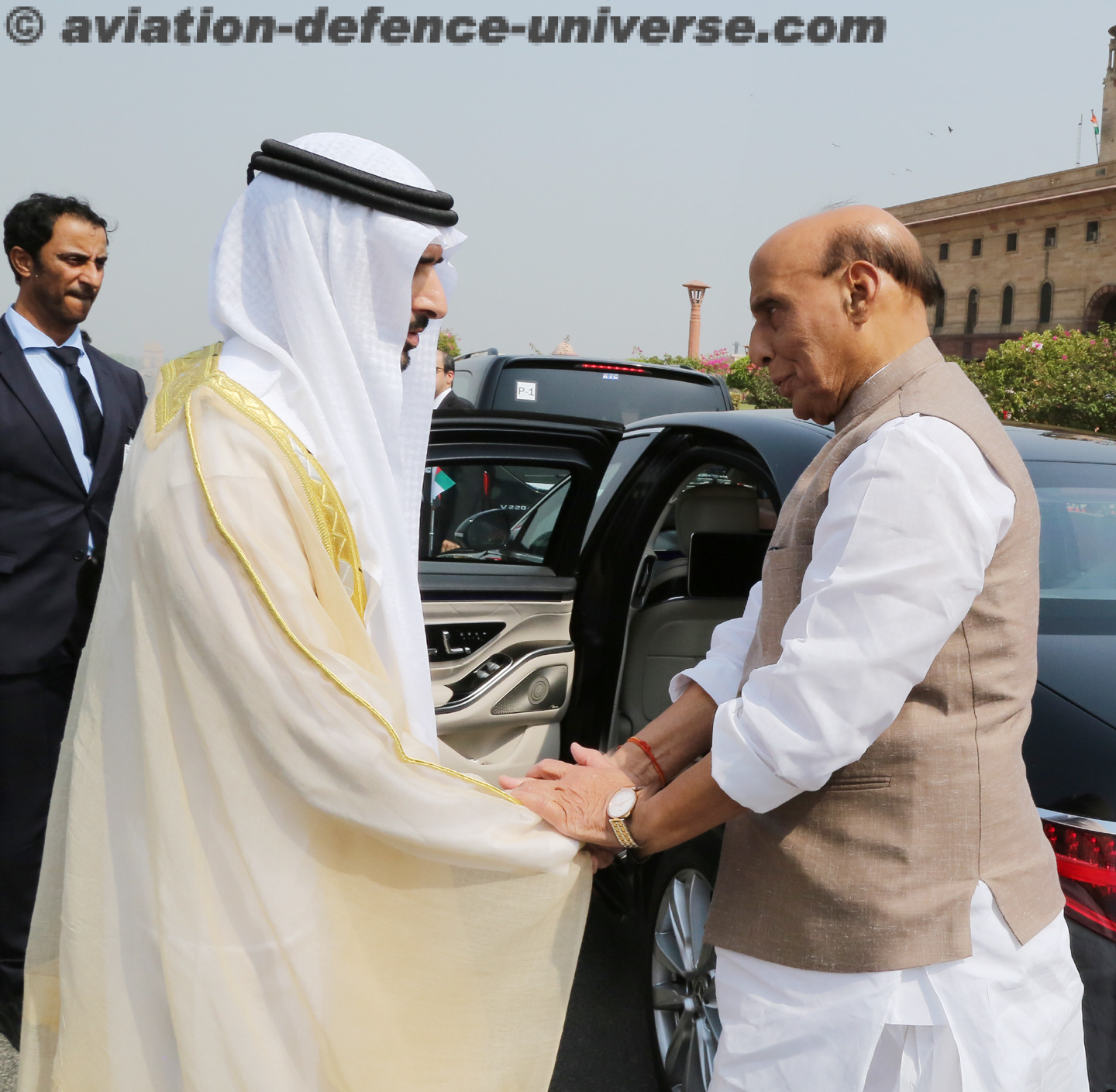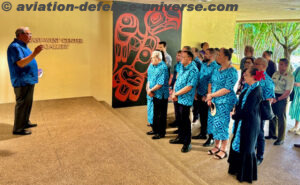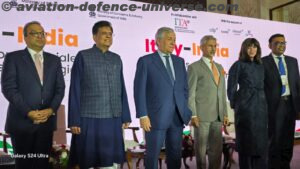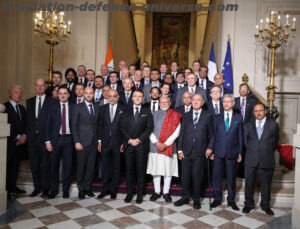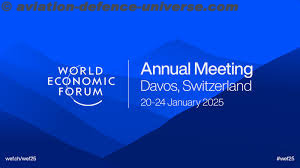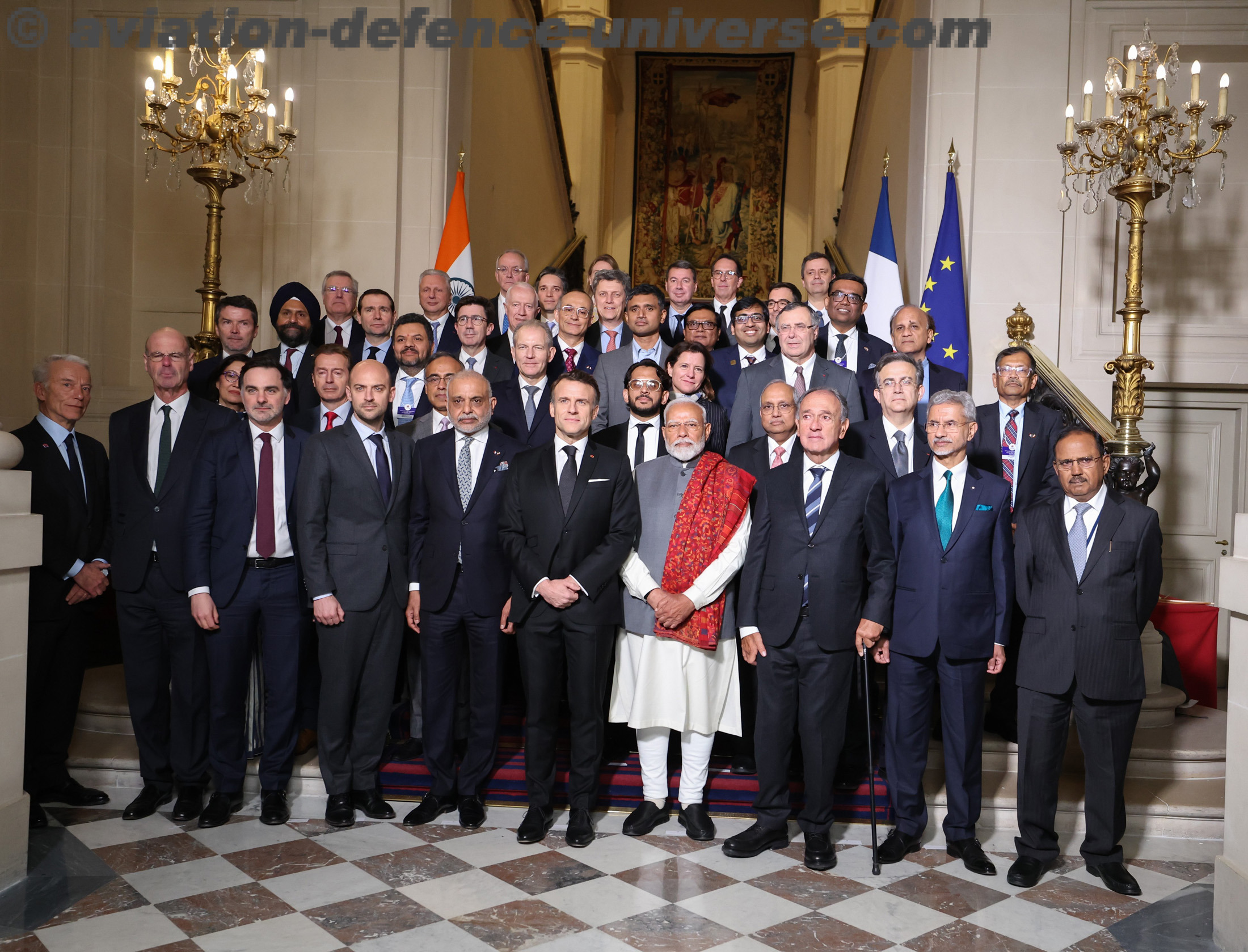
- Ursula von der Leyen’s Landmark India Visit Sets the Stage for Deeper Strategic Ties
- India-EU Relations Soar as Leaders Push for Trade, Technology & Green Cooperation
By Sangeeta Saxena
New Delhi. 28 February 2025. It was a landmark moment in the history of India-EU relations as President of the European Commission Ursula von der Leyen, accompanied by the EU College of Commissioners, undertook a two-day official visit to India. This historic engagement – the first-ever such visit by the Commission outside Europe – signified a renewed and vigorous commitment to strengthening the India-EU Strategic Partnership, which has already spanned over three decades of cooperation.
Prime Minister Narendra Modi and President von der Leyen met in New Delhi, acknowledging the wide-ranging gains from two decades of a strategic alliance. The leaders reaffirmed their dedication to enhancing this partnership to meet the needs of a shifting global order—an order marked by complexity, interdependence, and geopolitical turbulence.
Both leaders reiterated the shared democratic values and open market principles that tie India and the EU. The discussions emphasized a joint commitment to build resilient global supply chains, encourage investments in critical technologies, and promote inclusive development. Key areas of cooperation included artificial intelligence, 6G, digital public infrastructure, clean and green energy, semiconductors, and defence partnerships.
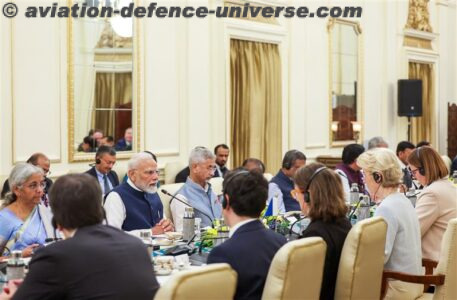 The visit also marked significant progress on the India-EU Trade and Technology Council (TTC), which has become the focal point of collaborative work on trade, trusted technology, and green transition. The leaders welcomed the outcomes from the second TTC ministerial meeting and laid the groundwork for further acceleration of talks on the much-anticipated Free Trade Agreement (FTA), along with agreements on investment protection and geographical indications.
The visit also marked significant progress on the India-EU Trade and Technology Council (TTC), which has become the focal point of collaborative work on trade, trusted technology, and green transition. The leaders welcomed the outcomes from the second TTC ministerial meeting and laid the groundwork for further acceleration of talks on the much-anticipated Free Trade Agreement (FTA), along with agreements on investment protection and geographical indications.
Several memoranda of understanding were signed, including those involving Bharat 6G Alliance and the EU’s 6G Smart Networks & Services Industry Association, symbolizing a united effort in building secure and sustainable telecom infrastructures. Agreements in semiconductor development, battery recycling, hydrogen fuel, and space technology were seen as trailblazing steps towards a future-ready partnership.
Defence and maritime security emerged as key areas of strategic convergence. Both sides expressed intent to collaborate on maritime domain awareness, counter-terrorism efforts, and defence industrial cooperation. India welcomed the EU’s participation in the Indo-Pacific Oceans Initiative, and discussions hinted at expanding India’s involvement in EU security frameworks, including PESCO and potential Security of Information Agreements.
The two presidents voiced pleasure at increasing defence and security domain cooperation, including joint drills and Indian Navy-EU Maritime security entity interaction. The EU side appreciated India’s desire to participate in the initiatives under the EU’s Permanent Structured Cooperation (PESCO) as well as to participate in talks for a Security of Information Agreement (SoIA). The leaders also promised to investigate a defence and security cooperation. By addressing conventional and non-traditional challenges to protect trade & sea routes of communication, they underlined their dedication to world peace and security including maritime security. They underlined the need to deepen cooperation in counter terrorism and to improve international cooperation to combat terrorism, particularly cross-border terrorism and terrorism financing in a comprehensive and continuous way.
Cultural and people-to-people engagement also found prominent space in the dialogue. From higher education to skill migration, sports to tourism, both sides pledged to deepen societal and youth-driven exchanges. In line with India’s growing human capital and Europe’s demographic requirements, legal and structured migration pathways were proposed.
On global affairs, the leaders called for peaceful solutions rooted in international law—whether addressing the conflict in Ukraine or reaffirming the vision of a two-state solution in the Middle East. They also emphasized support for IMEC (India-Middle East-Europe Economic Corridor) and multilateral partnerships like the International Solar Alliance and Global Biofuels Alliance. The two leaders also addressed important international and regional concerns, including the Middle-East and the Ukraine conflict. Based on respect for international law, UN charter ideals, territorial integrity and sovereignty, they said support for a fair and lasting peace in Ukraine. Consistent with international law, they also reaffirmed their dedication to the objective of the two-State solution with Israel and Palestine coexisting peacefully and securely inside acknowledged borders.
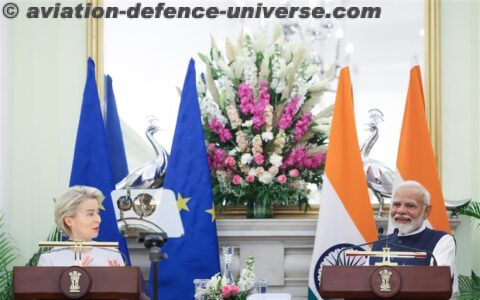 The relationship between the European Commission and India has evolved into a comprehensive and strategic partnership grounded in shared democratic values, economic synergy, and a common vision for a rules-based international order. Since the formal establishment of diplomatic ties in 1962 and the signing of the India–European Community Cooperation Agreement in 1994, the engagement has steadily broadened across political, economic, technological, and security dimensions. The partnership was elevated to a ‘Strategic Partnership’ in 2004, reflecting the growing significance both parties attached to mutual cooperation in global and regional affairs.
The relationship between the European Commission and India has evolved into a comprehensive and strategic partnership grounded in shared democratic values, economic synergy, and a common vision for a rules-based international order. Since the formal establishment of diplomatic ties in 1962 and the signing of the India–European Community Cooperation Agreement in 1994, the engagement has steadily broadened across political, economic, technological, and security dimensions. The partnership was elevated to a ‘Strategic Partnership’ in 2004, reflecting the growing significance both parties attached to mutual cooperation in global and regional affairs.
In recent years, the European Commission, which serves as the executive arm of the European Union, has emerged as a key actor in deepening EU–India ties. With a strong focus on trade, digital transformation, green growth, and security cooperation, the Commission has driven forward initiatives that align with India’s priorities in Make in India, Digital India, and the energy transition. The establishment of the India-EU Trade and Technology Council (TTC) marked a major step in institutionalizing this cooperation, providing a platform for structured dialogue on critical and emerging technologies, supply chain resilience, and trade de-risking.
One of the most significant developments in the partnership has been the renewed push for concluding a Free Trade Agreement (FTA), which has the potential to unlock immense bilateral trade and investment opportunities. The European Commission has consistently supported deeper market access, regulatory alignment, and investment protection mechanisms that benefit both Indian and European businesses. At the same time, cooperation in defence, maritime security, counter-terrorism, and climate change has grown, showcasing the multidimensional character of the relationship.
People-to-people ties, including higher education, research exchanges, and skilled migration, have become a cornerstone of the partnership. EU initiatives such as Erasmus+ and Horizon Europe offer Indian students and researchers global exposure, while India’s growing talent pool contributes to European innovation ecosystems. With regular summits, ministerial dialogues, and sectoral engagements, the European Commission and India are forging a robust partnership that not only strengthens bilateral relations but also contributes meaningfully to global peace, sustainability, and economic resilience.
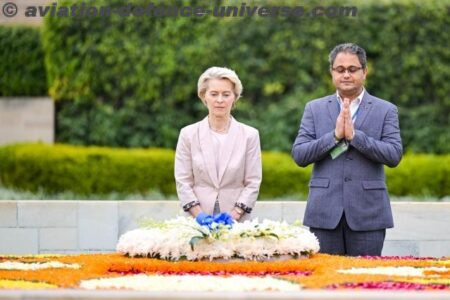 During her visit to India , European Commission President Ursula von der Leyen paid homage at the Raj Ghat memorial by laying a wreath at Mahatma Gandhi’s memorial. She then held a bilateral meeting with India’s External Affairs Minister Subrahmanyam Jaishankar, setting the stage for high-level discussions that followed. Over the two days, von der Leyen, accompanied by the EU College of Commissioners the two leaders deliberated on shared strategic priorities. Their conversations focused on de-risking both economies, especially in sensitive sectors such as semiconductors, batteries, pharmaceuticals, clean hydrogen, and defence. The leaders also addressed regional and global security issues, emphasizing the need for stronger connectivity and global partnerships. Highlighting India’s pivotal role as a bridge between the Global South and the broader international community, von der Leyen underscored the EU’s commitment through its €300 billion Global Gateway initiative, which aims to finance critical infrastructure projects within India and enhance its energy connectivity with the rest of the world.
During her visit to India , European Commission President Ursula von der Leyen paid homage at the Raj Ghat memorial by laying a wreath at Mahatma Gandhi’s memorial. She then held a bilateral meeting with India’s External Affairs Minister Subrahmanyam Jaishankar, setting the stage for high-level discussions that followed. Over the two days, von der Leyen, accompanied by the EU College of Commissioners the two leaders deliberated on shared strategic priorities. Their conversations focused on de-risking both economies, especially in sensitive sectors such as semiconductors, batteries, pharmaceuticals, clean hydrogen, and defence. The leaders also addressed regional and global security issues, emphasizing the need for stronger connectivity and global partnerships. Highlighting India’s pivotal role as a bridge between the Global South and the broader international community, von der Leyen underscored the EU’s commitment through its €300 billion Global Gateway initiative, which aims to finance critical infrastructure projects within India and enhance its energy connectivity with the rest of the world.
In closing, both Prime Minister Modi and President von der Leyen expressed confidence that the visit would serve as a catalyst for transformative India-EU engagement in the coming years. With a shared vision and strategic alignment, the two sides look forward to adopting a new Joint Strategic Agenda at the next India-EU Summit, setting the course for a more resilient, prosperous, and interconnected future.
















